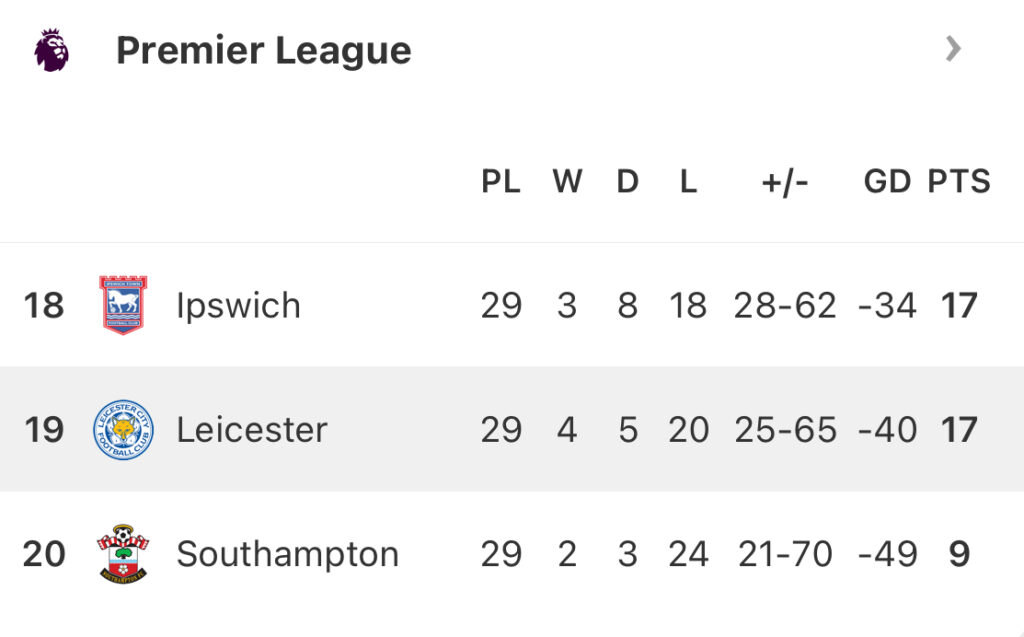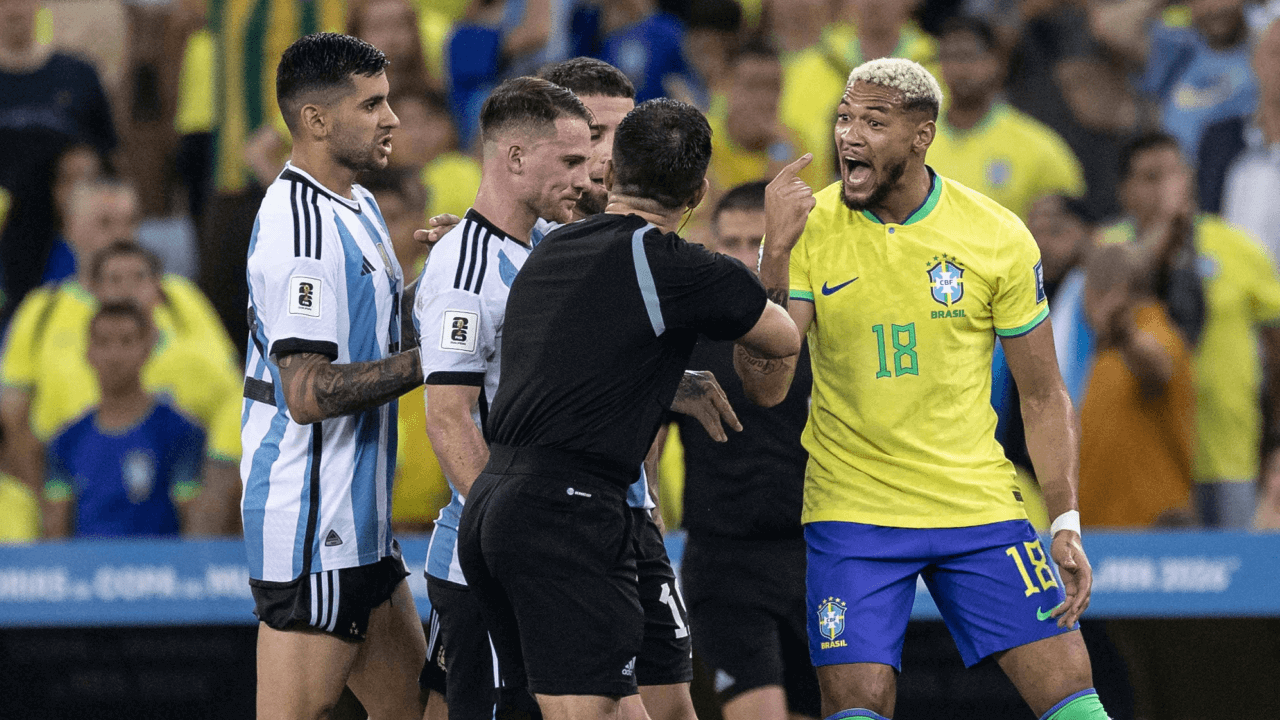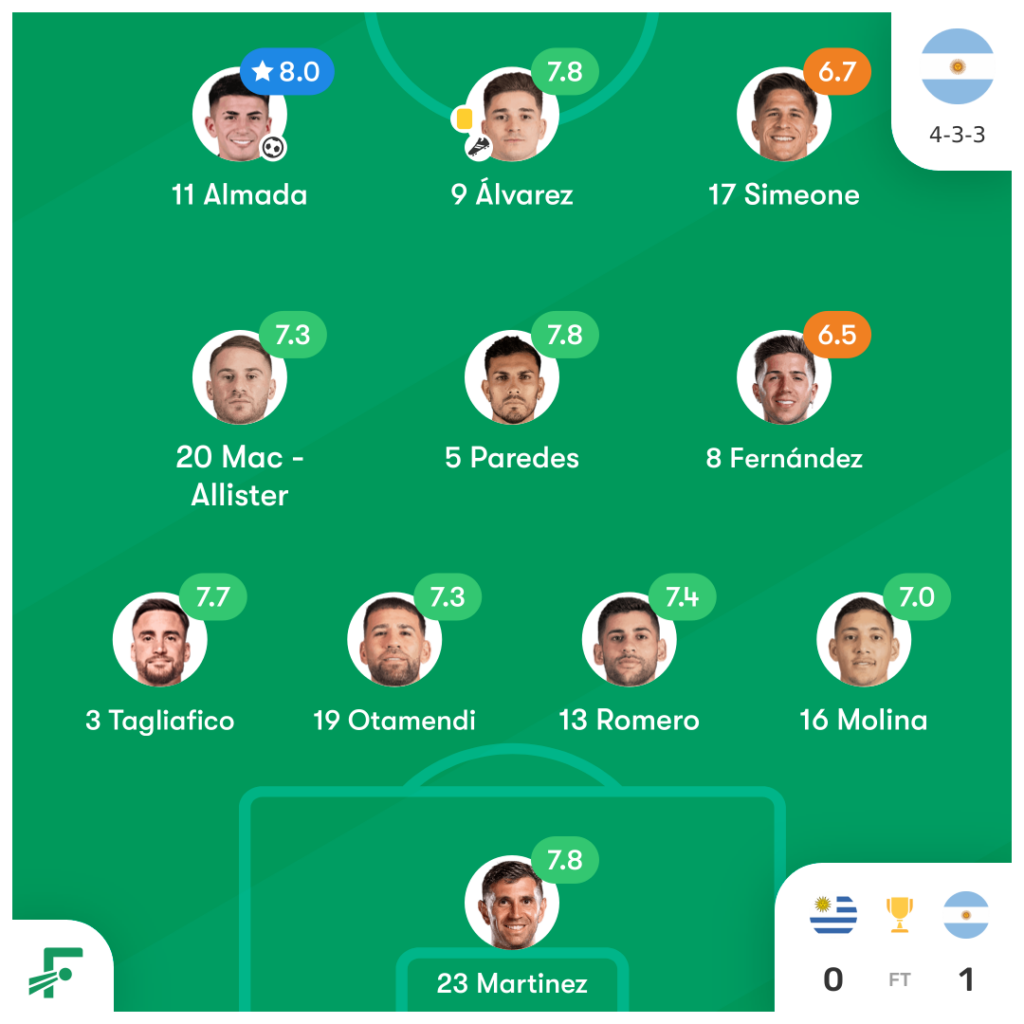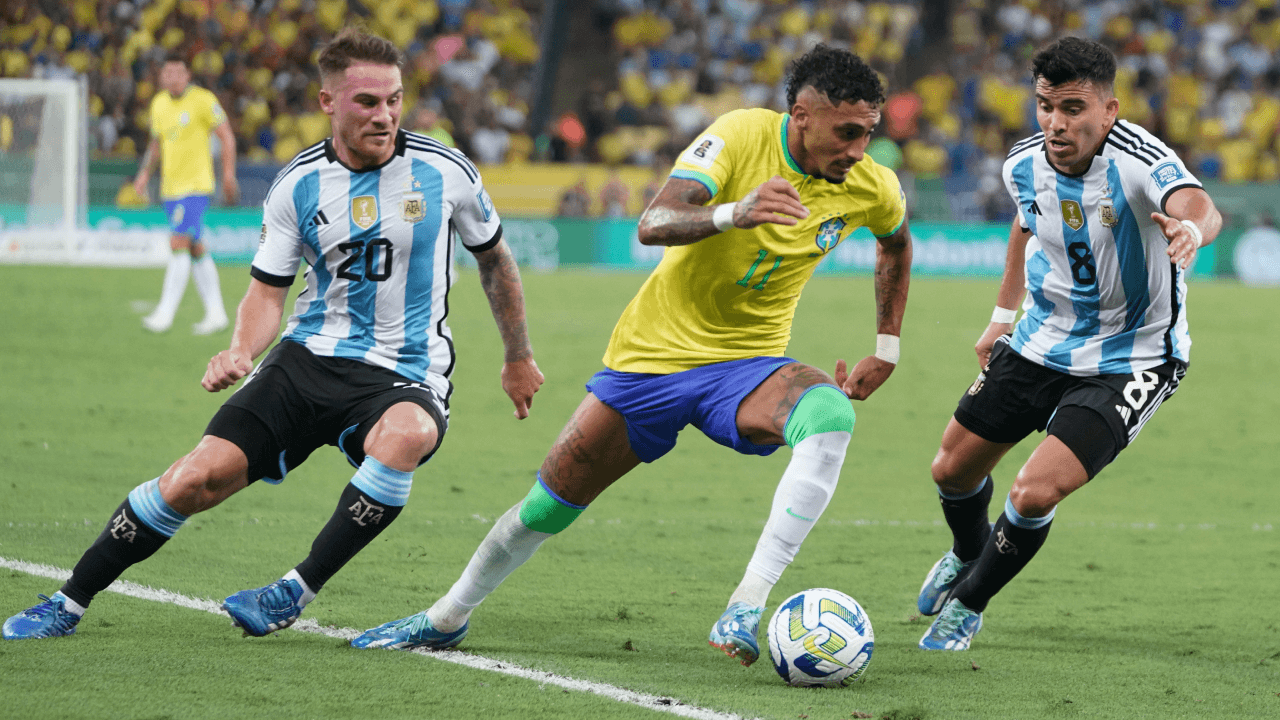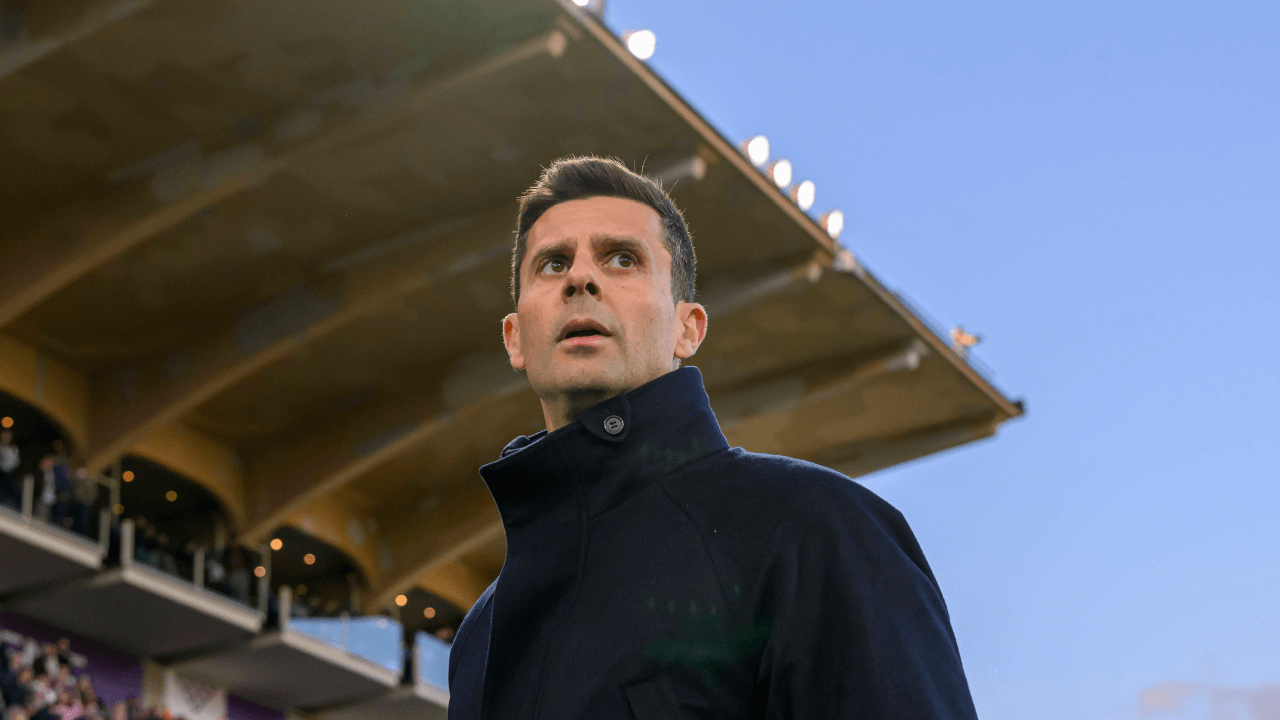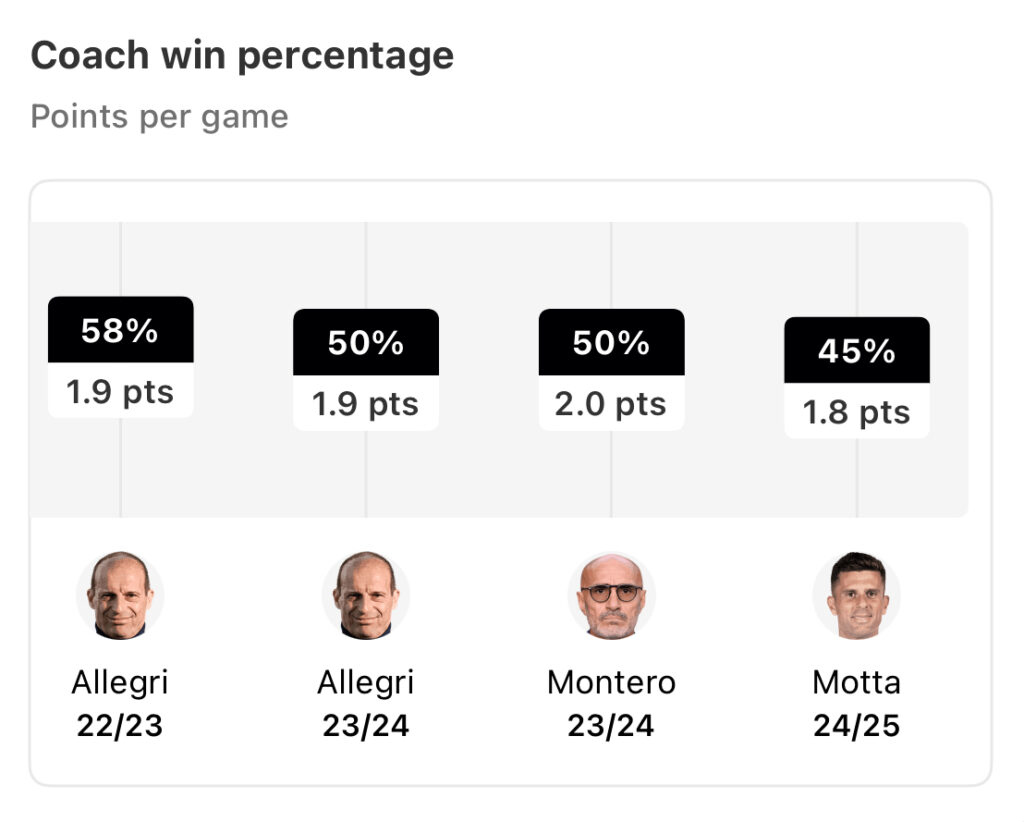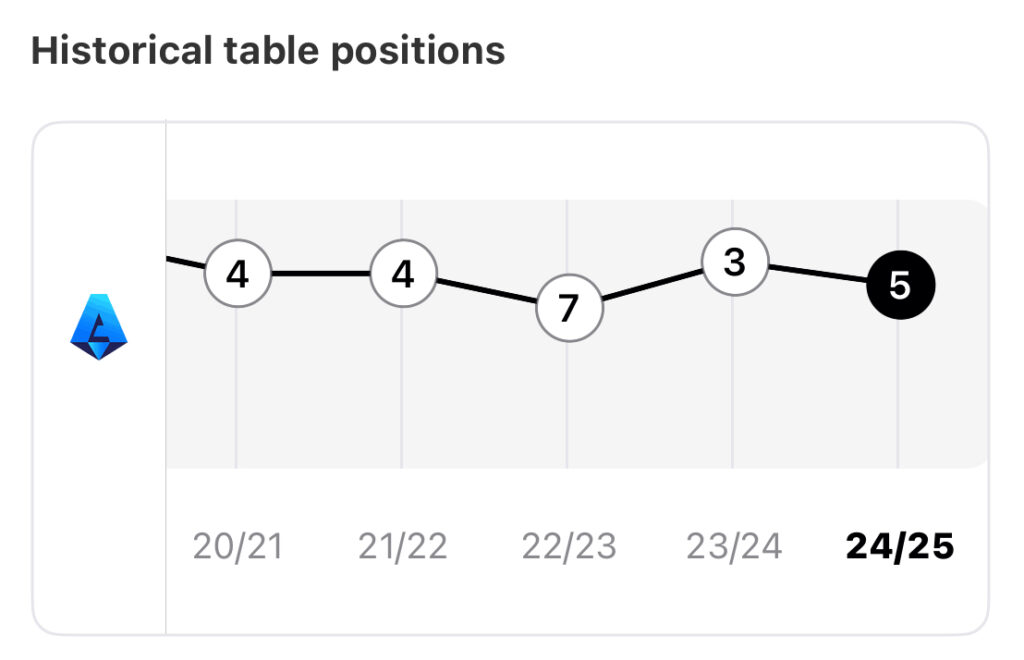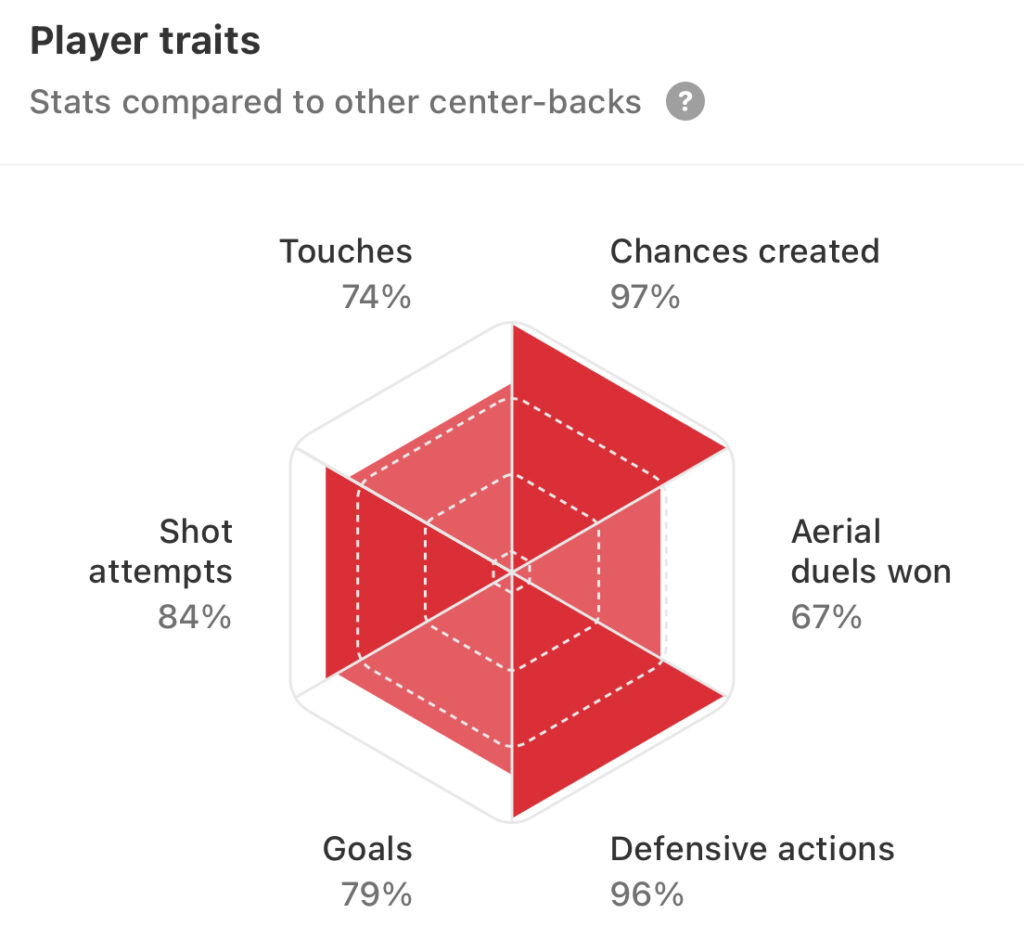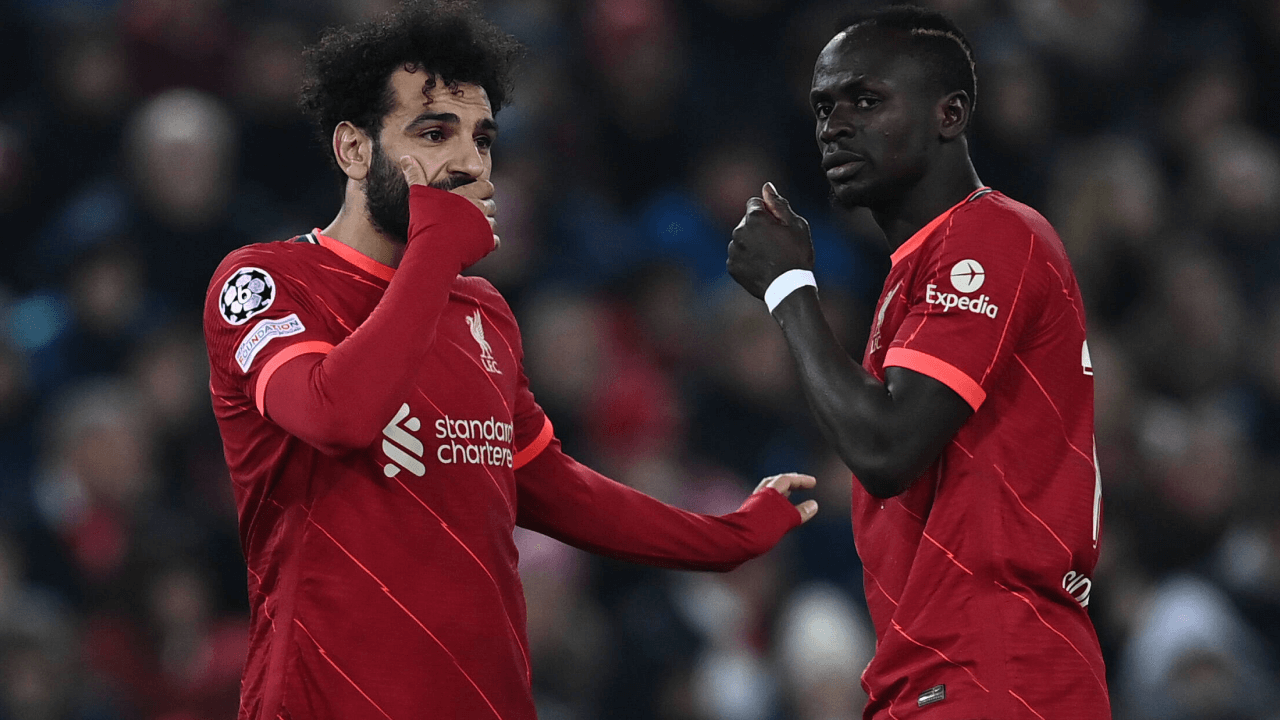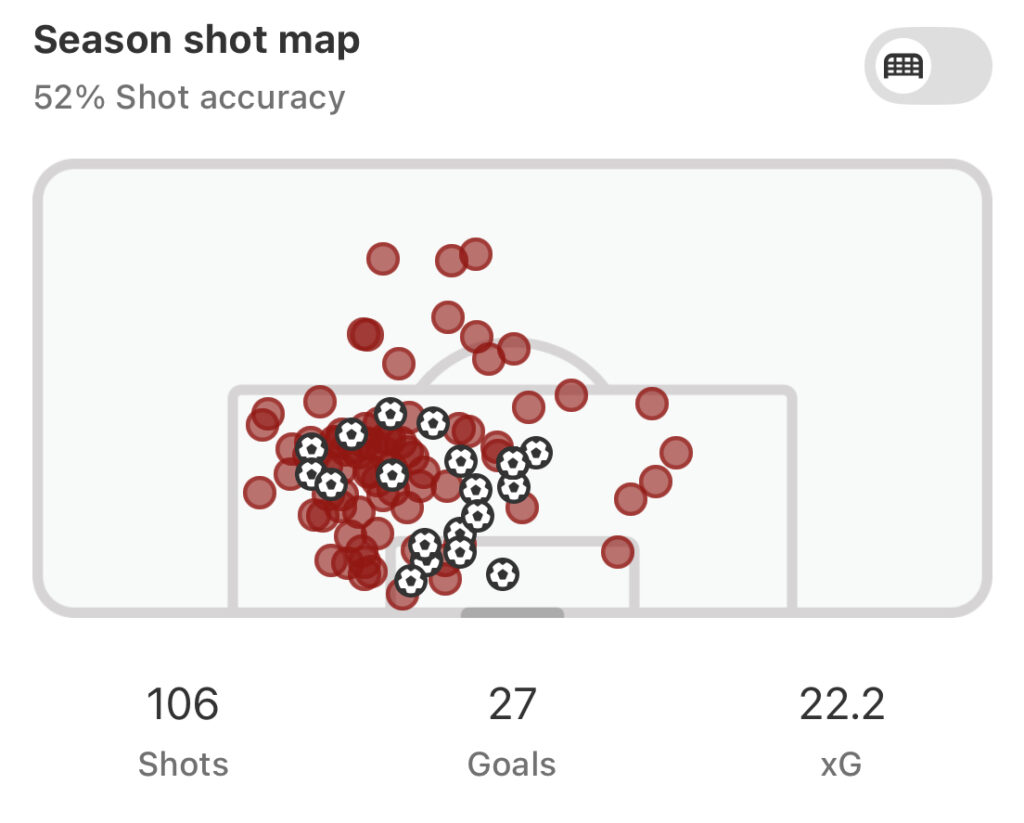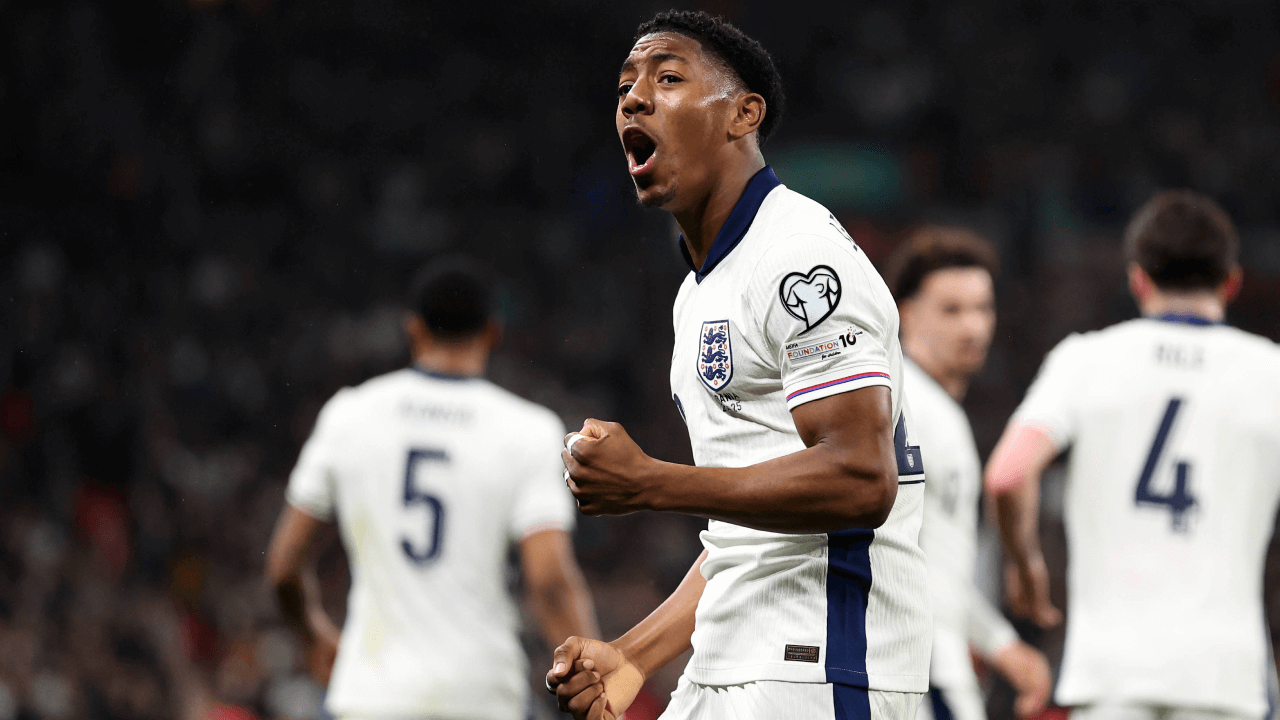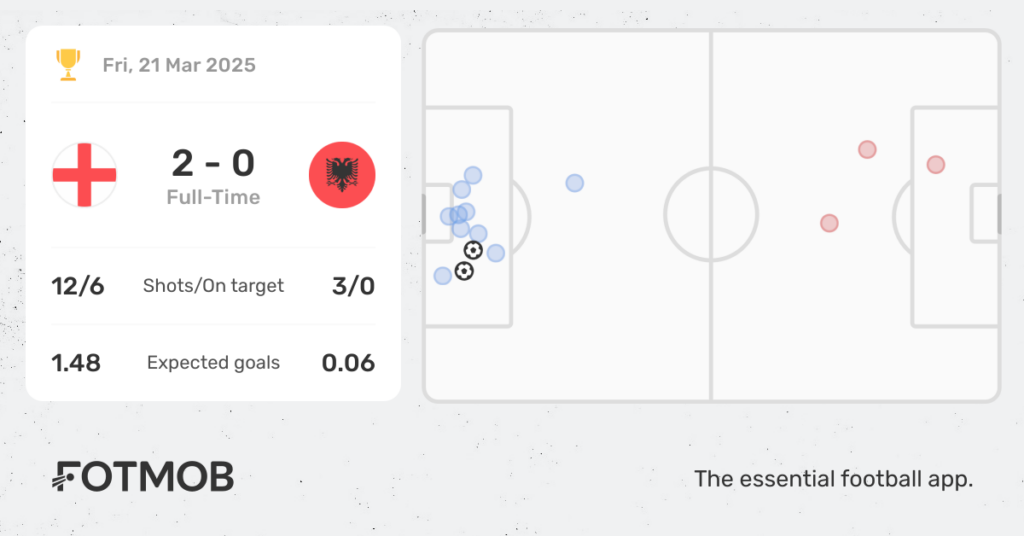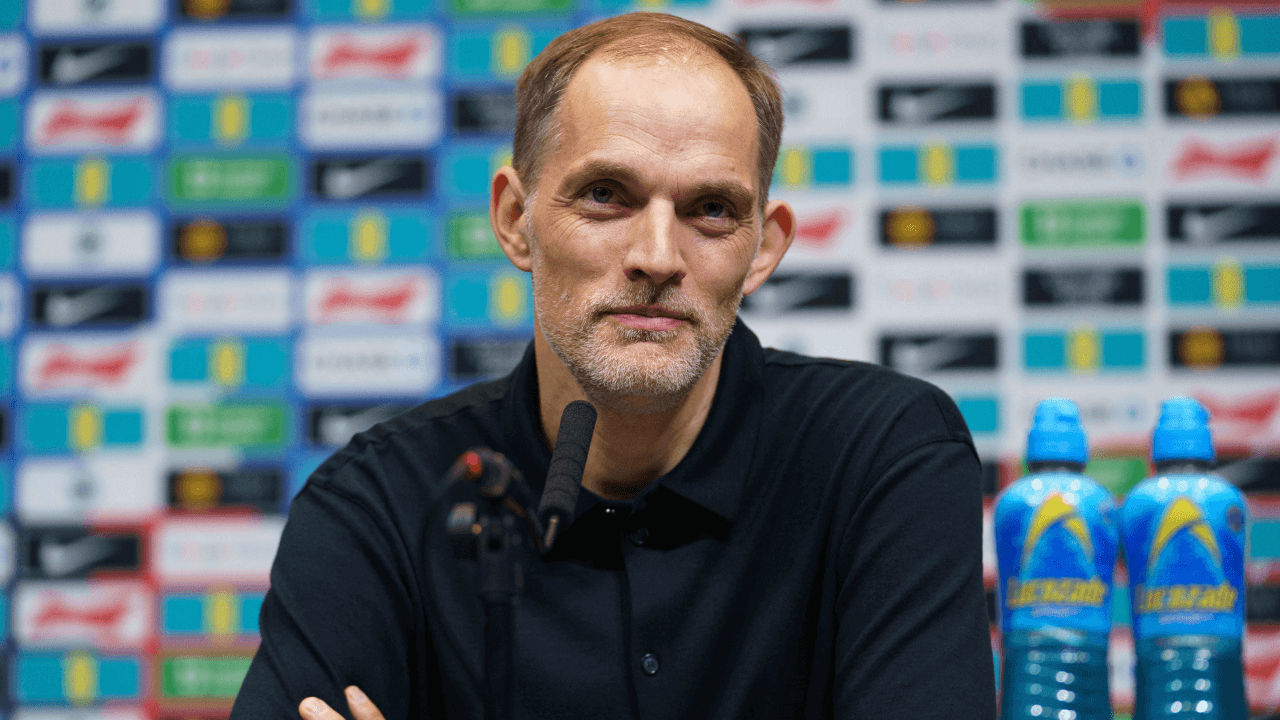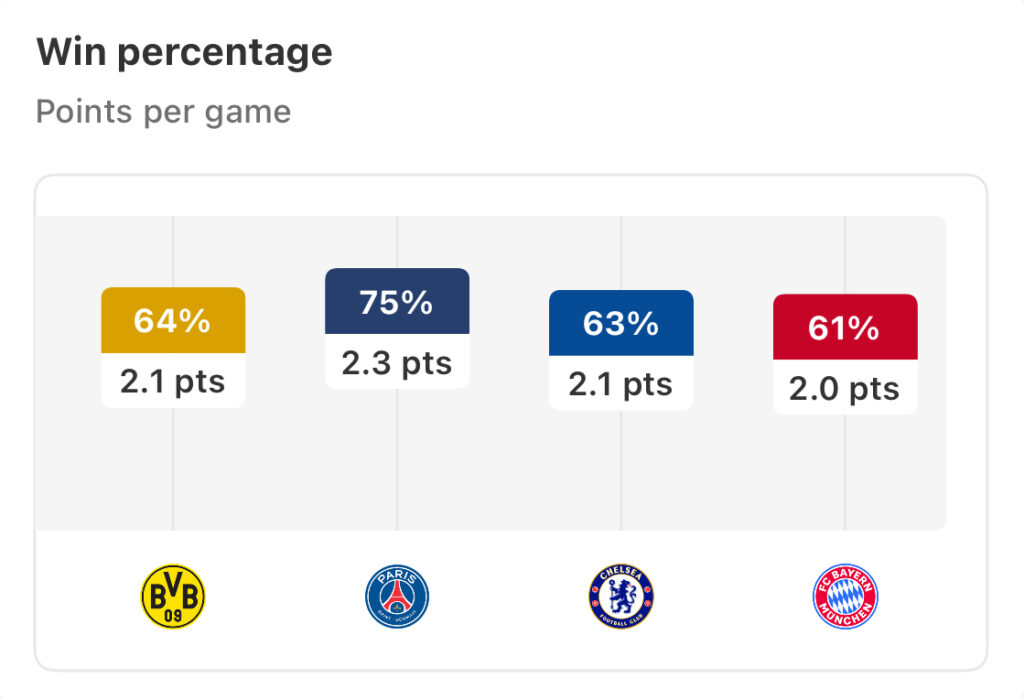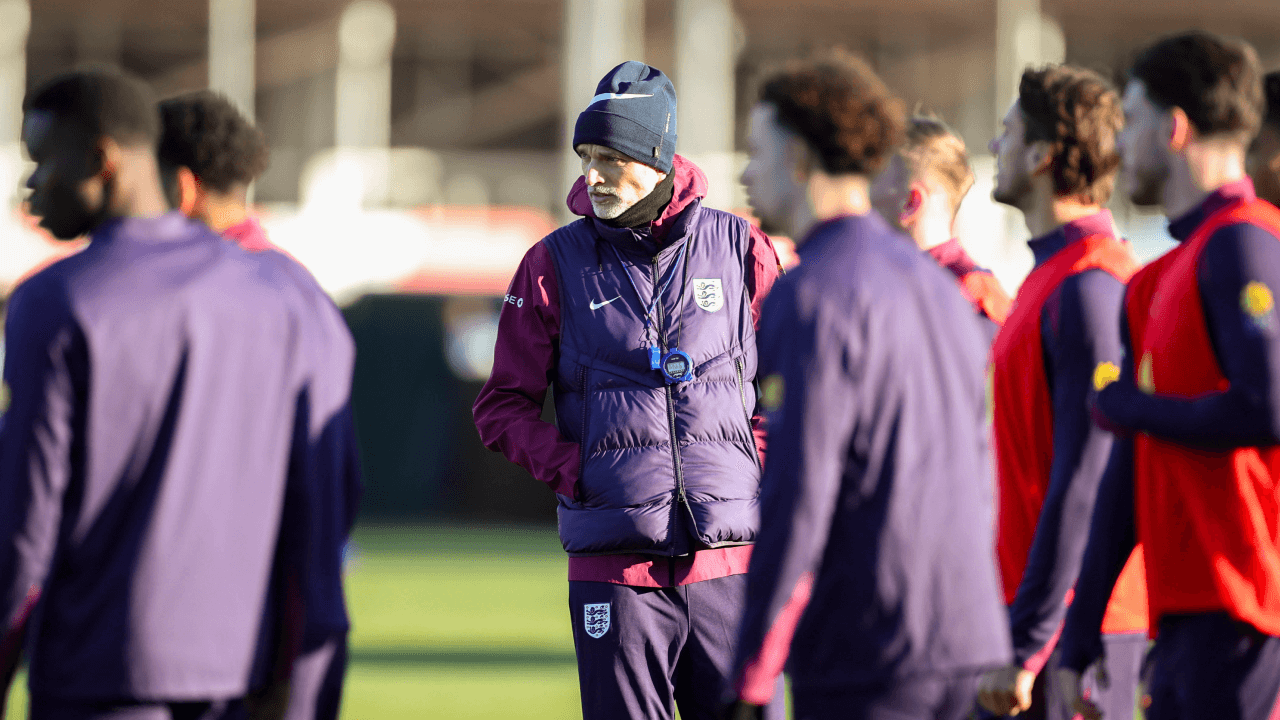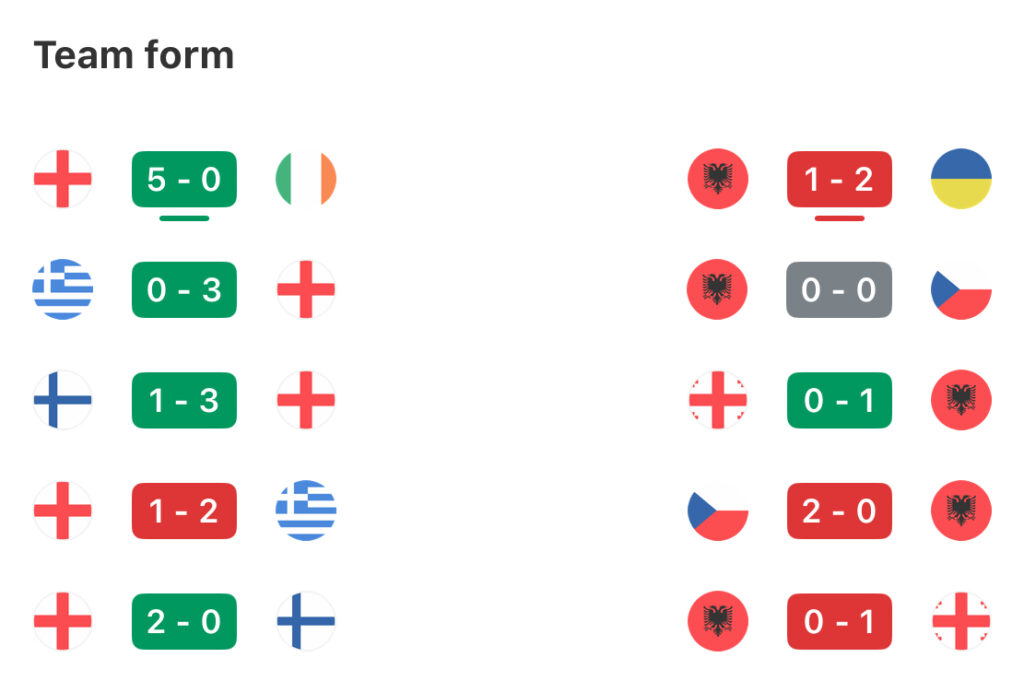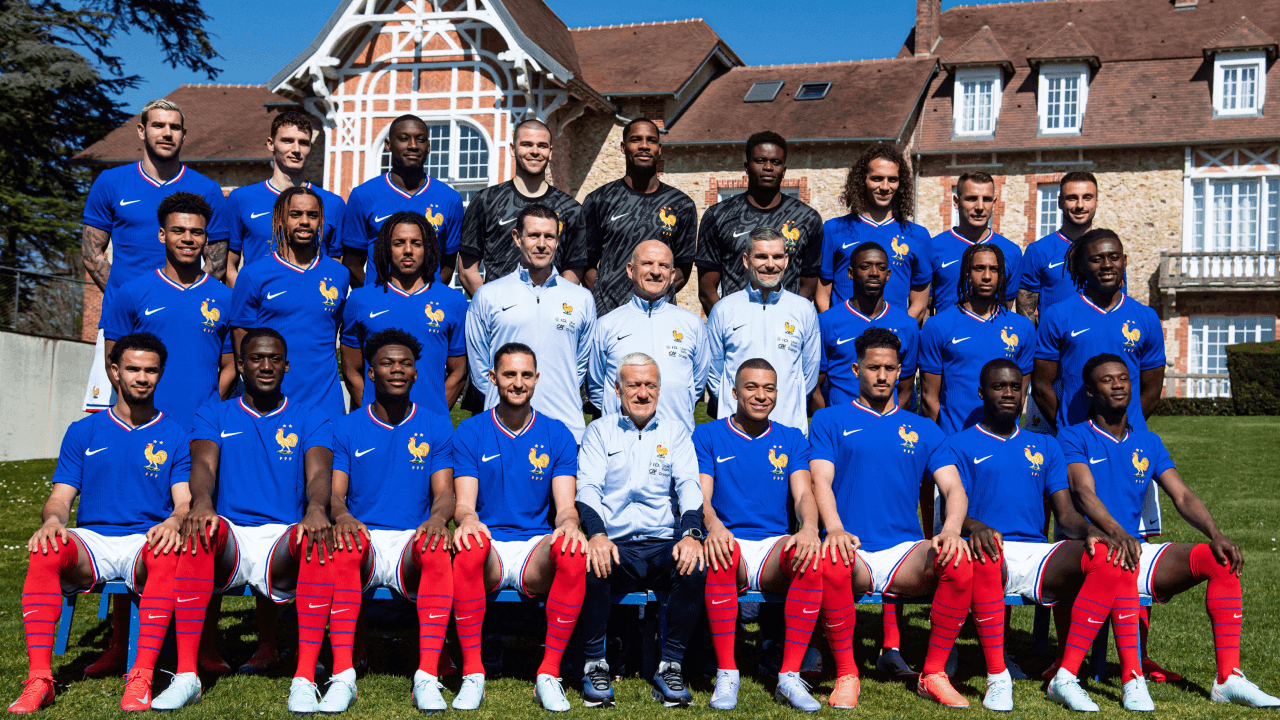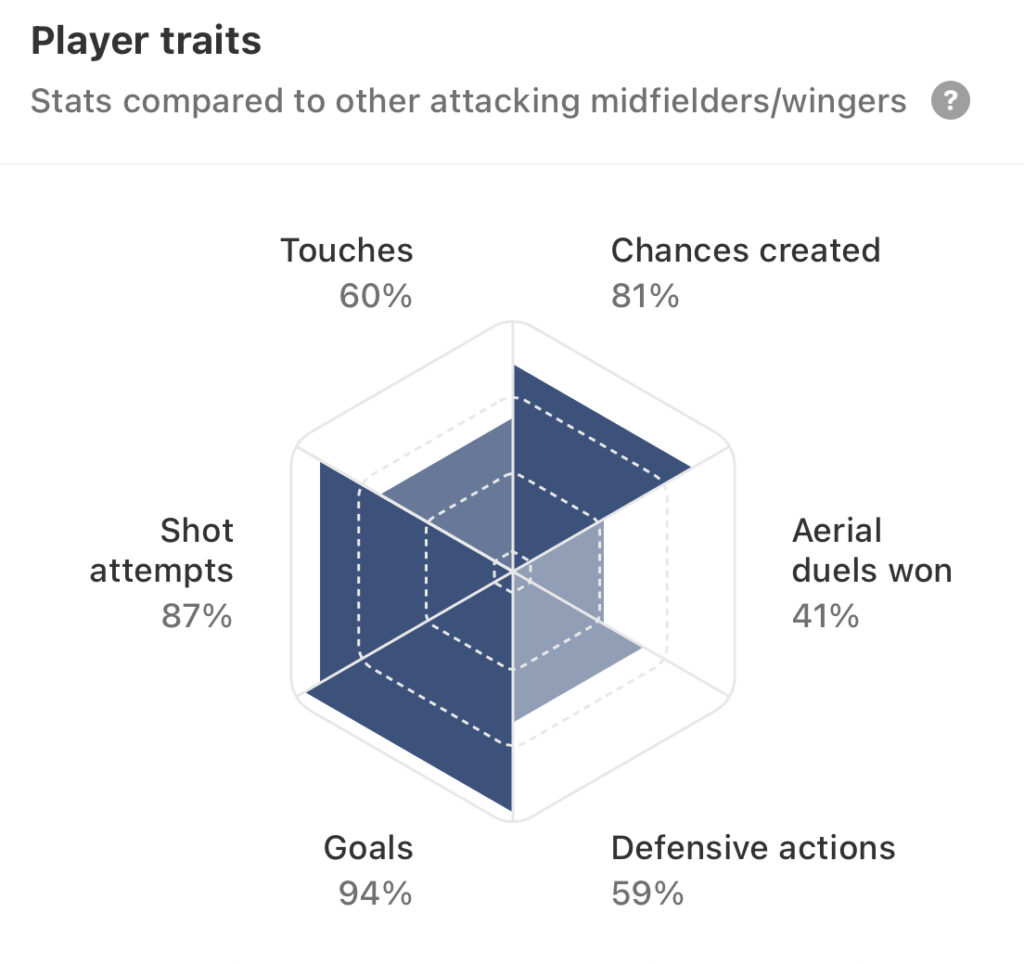Are Bournemouth about to become the new Southampton? Perhaps, if Liverpool’s expected transfer business is anything to go by.
By Jack Lusby, ThisIsAnfield.com
Such was the frequency that Liverpool conducted business with Southampton in the mid-to-late 2010s that it was often joked that they should be given a loyalty card.
Five players were signed in the space of three summers, while another was attempted the next, only to be delayed by a public apology for tapping up and completed seven months later.
It may have become a running joke, but all but one of those six signings were successes, with Dejan Lovren, Adam Lallana and Nathaniel Clyne becoming important squad players and Sadio Mané and Virgil van Dijk among the best to ever represent the club.
Rickie Lambert stands out as an anomaly, the boyhood Liverpool supporter scoring three goals in 36 games in his one season at Anfield, but the club’s then-director of research Ian Graham has since described the £4 million signing as an “experiment” to test out Brendan Rodgers‘ “obsession” with signing a target man in Christian Benteke.
Nevertheless, the quips are starting again as the Reds are increasingly linked with a number of players from another south-coast club: this time, Bournemouth.
Arne Slot‘s second summer transfer window is expected to be decidedly busier than his first, when Federico Chiesa stood as the club’s only immediate signing while another deal was struck to bring Giorgi Mamardashvili in for 2025.
That includes interest in a new centre-back, a left-back and another wide forward, all of whom could feasibly be plucked from Andoni Iraola‘s Bournemouth squad.
As it stands, Liverpool’s chief target for the left-back role is Milos Kerkez, the 21-year-old Hungary international who is close friends with Dominik Szoboszlai, while there is mounting speculation over a move for Dean Huijsen, the 19-year-old Spain centre-back with a £50 million release clause.
There are further reports of interest in winger Antoine Semenyo – who terrorised Trent Alexander-Arnold in an eventual 2-0 win for Liverpool in February – amid doubts over the futures of Luis Díaz, Darwin Núñez, Diogo Jota and Mohamed Salah.
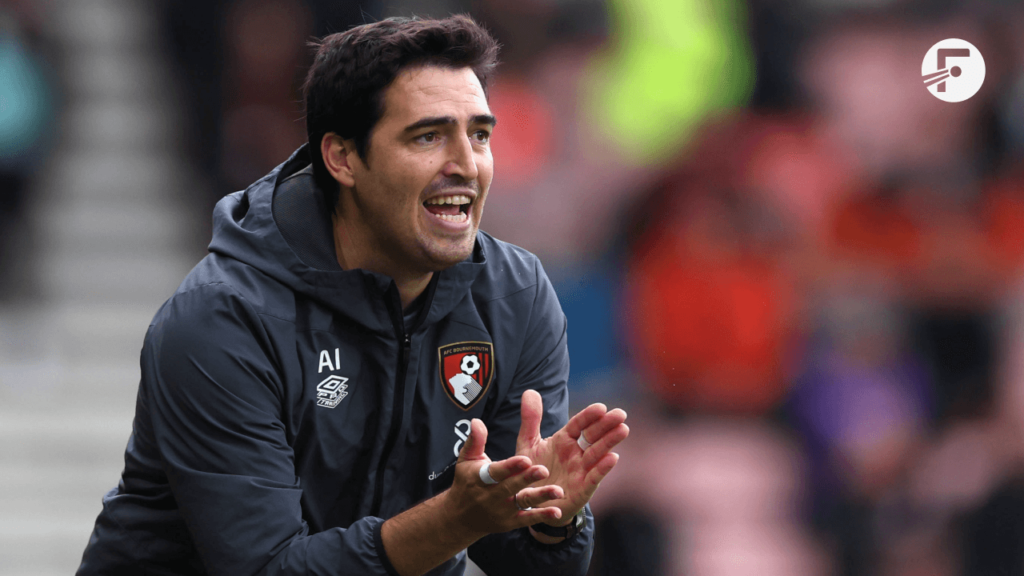
Clearly, there are similarities between the Southampton of the mid-2010s and this current Bournemouth iteration; both were upwardly mobile sides with one of the Premier League’s most talented young managers and an enviable recruitment structure.
Those at Liverpool will know that better than most, not least as Richard Hughes, their new sporting director, joined the club from Bournemouth last summer, having previously held the position of technical director at Dean Court since 2016.
Hughes brought with him chief scout Mark Burchill and Craig McKee, another scout, as part of a new-look transfer setup in the halls of Liverpool’s AXA Training Centre. Given those ties to Bournemouth, the ongoing links start to make more sense.
While Liverpool are not beholden to the opinions of only a handful of recruitment heads, instead employing a legion of scouts, analysts and data scientists to inform their decisions on signings and sales, it certainly helps that the background work has already been conducted once before on the likes of Kerkez and Huijsen.

There will be a conviction over each player’s character along with what they can offer to the side, and more so how they would fit into a particular system. Hughes, Burchill and McKee will also have a better understanding of the ceiling of those players, as Liverpool will be buying as much for the long term as they are the immediate term this summer.
The connection between the two clubs runs deeper than those new faces within Liverpool’s hierarchy, though, including a long-standing relationship between Bournemouth and Michael Edwards, now installed as Fenway Sports Group’s CEO of football.
Edwards fostered a strong bond with not only Hughes but also future Bournemouth coaches Eddie Howe and Gary O’Neil when he worked as chief analyst at Portsmouth and they were part of Harry Redknapp’s first-team squad.
The friendship remained beyond their playing days and, in their future roles as sporting director at Liverpool and technical director at Bournemouth respectively, it often saw Edwards and Hughes in contact over transfers.
That included the sales of Dominic Solanke, Jordon Ibe and Brad Smith to Bournemouth, as well as loans for Harry Wilson, Nat Phillips and Nathaniel Clyne, but also direct competition for a number of players both clubs wished to sign.
Hughes had hoped to sign Andy Robertson, Harvey Elliott and Joe Gomez only to lose out to Edwards’ Liverpool, while the latter saw interest in the likes of Lloyd Kelly, Lewis Cook and David Brooks fall short as they opted for Dean Court over Anfield.
Bournemouth may have lost the core of their recruitment setup in the summer but they are still enjoying the fruits of their labour, not least the appointment of Iraola as head coach and the squad Hughes and Co. helped build.
The Cherries sit 10th in the Premier League as the final international break of the campaign plays out, but they are only five points off fourth and can harbour genuine hopes of securing European football for the season to come.
It is an unfortunate reality that much of the squad that would lead them to the continental stage could be picked apart before they are able to experience it for the first time, but that could certainly benefit Liverpool.
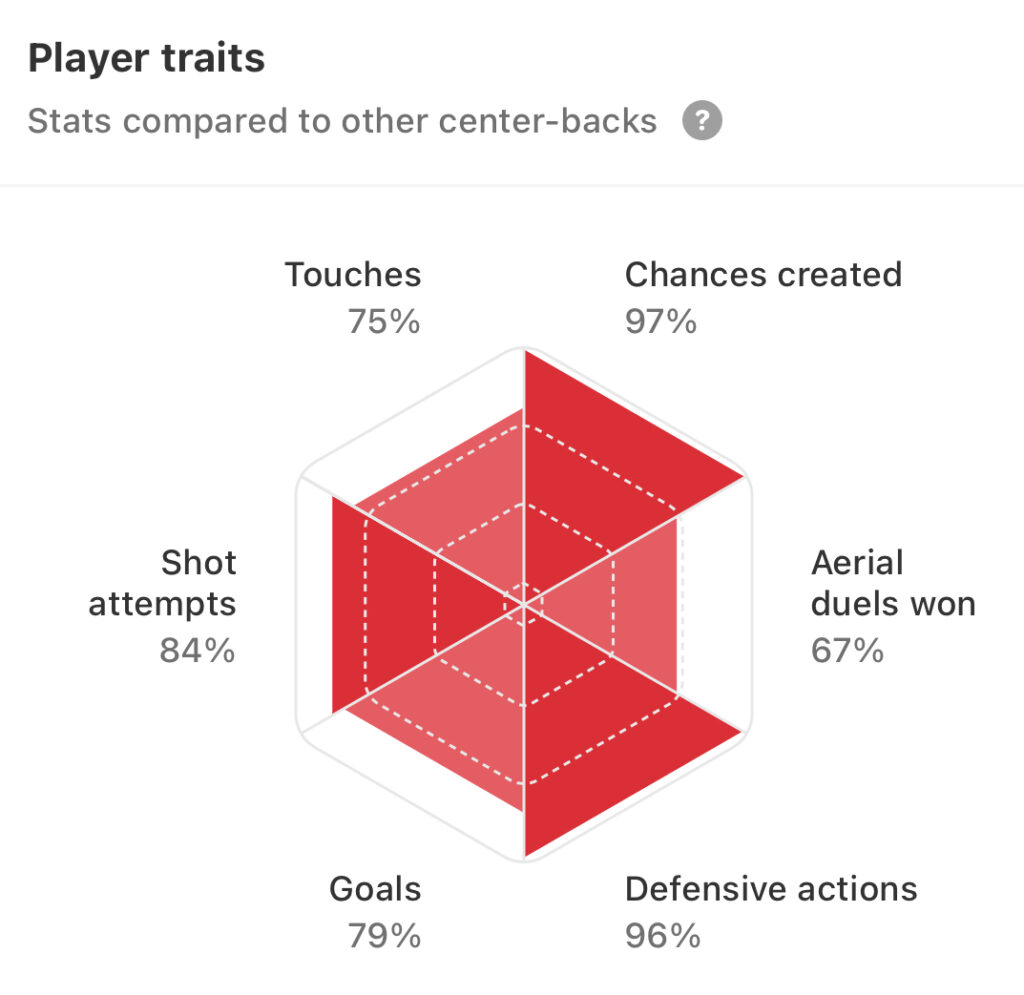
In Kerkez and Huijsen in particular, Bournemouth possess two players who appear capable of making the step up to life at Anfield – and there will be testimonies to that effect on offer from those within the club.
So while there may be jibes from the outside about Bournemouth following Southampton as their next unofficial feeder club, there will be every confidence that any stamps on their new loyalty card will be a worthwhile investment for Liverpool.
(Cover image from IMAGO)
To keep up to date with everything Liverpool, make sure you click follow on the team profile in the FotMob app. Download the free app here.


